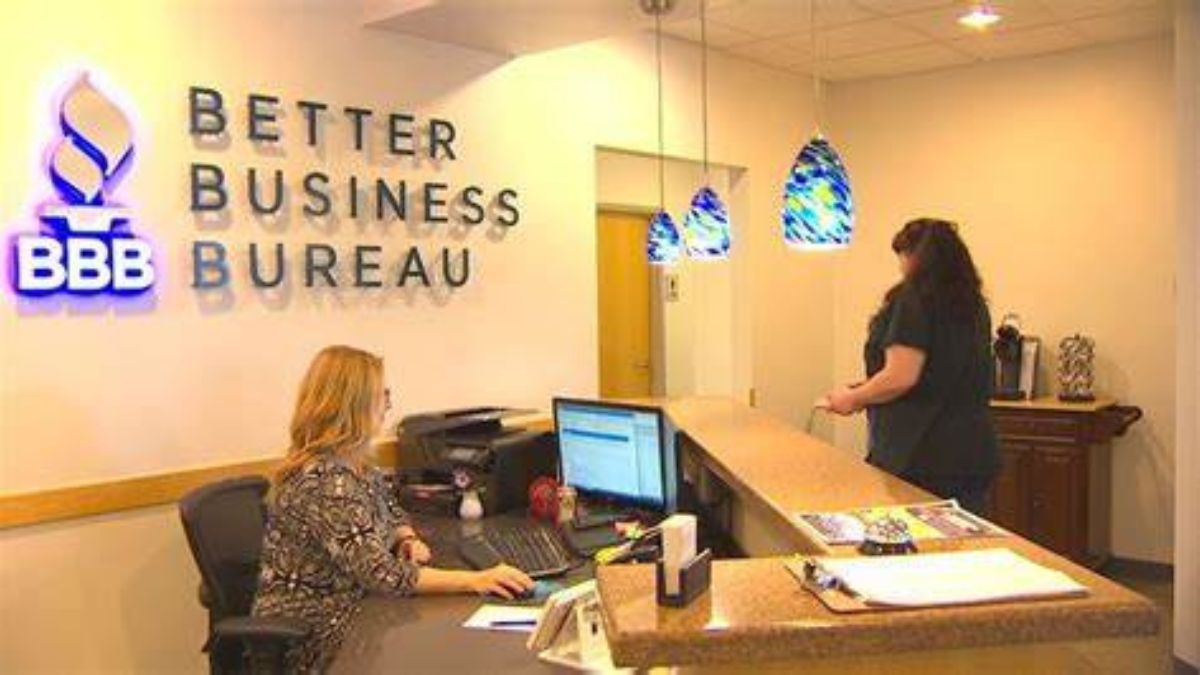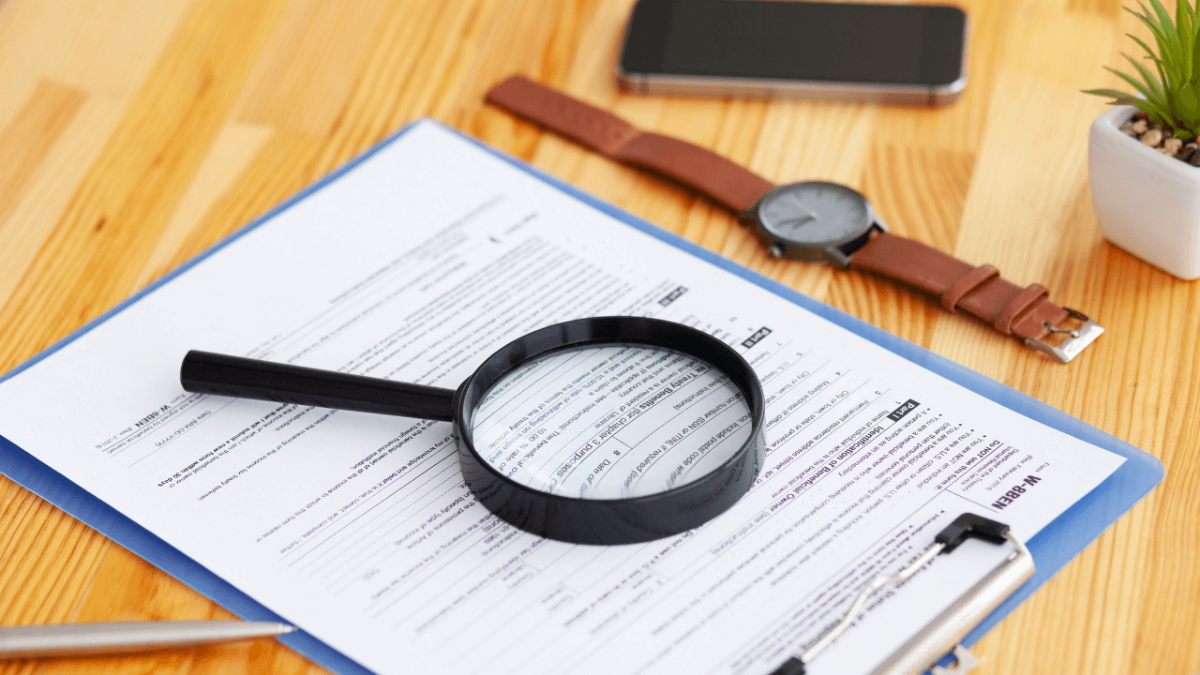When customers research your business, trust is the foundation they build their decisions on. For over 100 years, the Better Business Bureau (BBB) has been a recognized symbol of trustworthiness and integrity in North America. But what exactly is the BBB, how does it work, and why should you care?
This blog post will explore everything you need to know about the Better Business Bureau, its purpose, how it evaluates businesses, and its impact on both consumers and business owners. We’ll also examine how to use the BBB to strengthen your organization’s credibility and bottom line.
What Is the Better Business Bureau?
The Better Business Bureau is a nonprofit organization dedicated to promoting marketplace trust. Established in 1912, its goal is to ensure that both consumers and businesses have a fair and transparent environment to operate in.
The foundation of the BBB’s approach lies in these pillars:
- Accreditation: Businesses voluntarily apply to be evaluated by the BBB to see if they meet rigorous standards of trust.
- Ratings: The BBB assigns letter grades (from A+ to F) to businesses based on customer reviews, complaint history, and other publicly available information.
- Conflict Resolution: The BBB provides mediation and dispute resolution services between customers and businesses.
- Education: By offering resources to help consumers make informed decisions, the BBB is a hub for cultivating knowledge around ethical marketplace practices.
The BBB operates in over 100 independent branches across the U.S., Canada, and Mexico, each serving regional customers and businesses.
How Does the Better Business Bureau Work?
The BBB plays two distinct roles:
- For Consumers
The BBB serves as a resource for consumers by offering:
-
-
- Business profiles that detail complaint histories and customer reviews.
- Trust signals like “BBB Accredited” seals, which signify a company meets high standards of ethics.
- Dispute resolution services to help resolve customer and business issues effectively.
-
- For Businesses
On the flip side, businesses benefit from:
-
-
- BBB Accreditation: This status earns companies a “seal of approval” that often enhances trust among prospective customers.
- Insight into complaint management; businesses get a chance to review and respond to consumer complaints through the BBB’s platform.
- Positive exposure to their target audiences through directories on the BBB website.
-
What is BBB Accreditation?
BBB accreditation serves as a badge of trustworthiness for a business. To earn this accreditation, a company must:
- Adhere to ethical advertising and behavior standards.
- Make good faith efforts to resolve complaints.
- Demonstrate honesty in representations and contracts.
Accreditation isn’t mandatory, but businesses that earn it often see greater credibility in the eyes of consumers.
What’s Behind a BBB Rating?
A business’s letter grade (A+ to F) on the BBB website is determined by several factors:
- Complaint History: How a business handles complaints, including response times.
- Transparency: Whether a business openly shares information such as ownership names and policies.
- Operating Timeframe: How long the business has been in operation, which helps measure reliability and experience.
- Government Licensing: Whether businesses fulfill all necessary legal obligations.
Why Is the BBB Important for Consumers?
For customers, the BBB is a trusted compass for navigating a sea of choices. Here’s how it benefits them:
-
Opens the Door to Information
With BBB business profiles, consumers can view reviews, unresolved complaints, and insights into how companies interact with their clients.
-
Protects Against Scams
The BBB’s Scam Tracker is an invaluable tool that helps customers identify potential fraudulent activities before falling prey.
-
Offers Neutral Dispute Resolution
The BBB acts as a mediator that facilitates communication between dissatisfied customers and businesses. This unbiased approach can help resolve disputes without costly legal steps.
-
Supports Trust-Based Decisions
The BBB Accreditation seal reassures skeptical customers that a business operates ethically.
How Can Businesses Benefit From the BBB?
Businesses across industries—from plumbing services to e-commerce stores—can reap valuable benefits by aligning themselves with the BBB.
1. Build Consumer Trust
The “BBB Accredited Business” seal is widely recognized by customers as a sign of transparency and competence. Businesses displaying this badge of accreditation often report higher levels of trust from their target audience.
2. Manage Complaints Effectively
The BBB allows businesses to publicly respond to customer complaints in a professional manner. This initiative can reshape potentially negative reviews into displays of accountability and customer care.
3. Improve Online Presence
BBB Accreditation profiles rank highly on search engines, which means your BBB listing acts as an online trust card for your company.
4. Attract New Customers
Studies have shown that BBB Accredited businesses are 40% more likely to attract new clients. Why? Because the BBB seal instills customer confidence in your company’s integrity.
5. Gain Insights Into Business Trends
From studying regional complaint trends to understanding evolving consumer preferences, the BBB offers businesses critical information to refine their services and practices.
Is the BBB Still Relevant in 2024?
While the digital age has brought alternative review platforms like Yelp, Google Reviews, and Trustpilot, the BBB remains a vital tool in today’s marketplace. Why?
- Well-Established Reputation
With more than a century of history, the BBB has deep roots as a source of consumer trust and advocacy.
- Objective Standards of Trust
Unlike customer review platforms, the BBB evaluates ethical behavior, compliance, and complaint resolution, making their standards more exhaustive and balanced.
- Legal and Scam Protection
The BBB not only certifies businesses but also educates consumers and alerts them about potential scam operations, bolstering consumer safety.
How Can You Leverage the BBB for Your Business?
If you’re a business owner, here are steps you can take to maximize the value of BBB’s platform:
-
Apply for Accreditation
Demonstrate to your customers that your business is committed to fair dealings and ethical practices by applying for accreditation.
-
Monitor Your Profile Regularly
Regularly update your profile with new business activities or services, and be proactive in responding to reviews and complaints.
-
Display the Accreditation Seal
Once accredited, be sure to showcase the BBB seal prominently on your website, social media channels, or physical store locations.
-
Share Customer Testimonials
Leverage positive reviews received on your BBB profile to boost your brand’s reputation.
The Key to Building Trust in Business
The Better Business Bureau serves as both a watchdog and a guide for fostering ethical marketplace practices. For consumers, it represents peace of mind before every purchase. For businesses, it’s a chance to gain both credibility and a competitive edge in the marketplace.
Take the initiative in putting your best foot forward. Whether you’re enrolling your business for accreditation or researching a new service provider, the BBB is a powerful ally in making the marketplace a better place for all.











